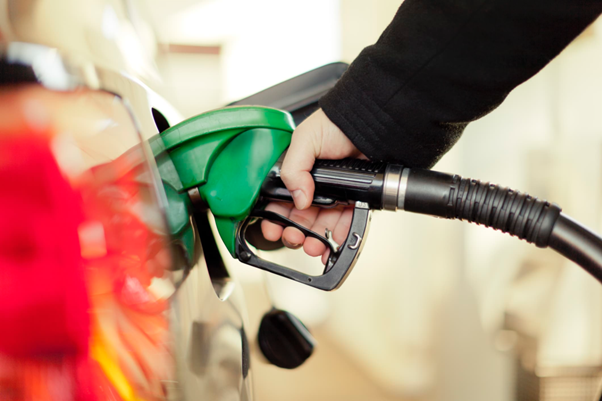Practical tips for fuel efficiency

Regular maintenance is essential for the general health of your car, but did you know that it plays a major role in your fuel economy, too? The following are ways your regular maintenance saves you money in the long run. Get to know practical tips to keep your car in shape and your fuel consumption on the down low.
The Importance of Proper Tire Maintenance
Your vehicle's fuel efficiency can be greatly impacted by tires that are underinflated. Insufficient tire pressure increases rolling resistance, which in turn puts additional strain on the engine and leads to higher fuel consumption. Consistently monitoring and keeping your tire pressure at the recommended levels can enhance your fuel economy and minimize unnecessary fuel usage.
The Role of Regular Oil Changes
Oil is the lifeblood of your vehicle's engine, and ensuring it is clean and properly lubricated can positively impact fuel efficiency. Over time, engine oil becomes contaminated with dirt and debris, causing it to lose its effectiveness. Regular oil changes help maintain optimal engine performance, reducing friction and improving fuel economy. By following the manufacturer's recommendations for oil change intervals, you can ensure that your engine is running efficiently and using fuel more effectively.
Clean Air Filters for Fuel Efficiency
Air filters are created with the purpose of capturing dust, debris, and other particles to prevent them from entering the engine. However, when the air filter becomes blocked or clogged, it hampers the flow of air and has a negative impact on the combustion process. Consequently, this results in a decrease in fuel efficiency. By routinely examining and replacing your air filter, you can ensure that air flows smoothly, enabling your engine to operate at its best and conserve fuel in the process.
Keeping the Fuel System in Top Shape
A well-maintained fuel system is crucial for efficient fuel consumption. Over time, deposits can accumulate in the fuel injectors and throttle bodies, hindering the proper flow of fuel. This can lead to poor combustion and decreased fuel efficiency. Regular maintenance, including fuel system cleaning, can remove these deposits and ensure that fuel is being delivered efficiently, resulting in improved mileage.
The Importance of Spark Plug Maintenance
Spark plugs have a crucial function in the combustion process as they initiate the ignition of the fuel-air mixture within the engine cylinders. However, when spark plugs become worn out or contaminated with dirt, they can lead to misfires, resulting in inefficient combustion and a decrease in fuel economy. To uphold optimal engine performance and enhance fuel efficiency, it is important to consistently inspect and replace spark plugs, guaranteeing proper combustion and the maximization of fuel utilization.
Conclusion:
All in all, the money that you save by doing the things above will mainly be from avoiding costly repairs. After all, prevention is better than cure. By keeping your car in top health, you ensure that everything is functioning efficiently including the fuel system. Considering the price of every commodity these days, it does help to prevent car issues.